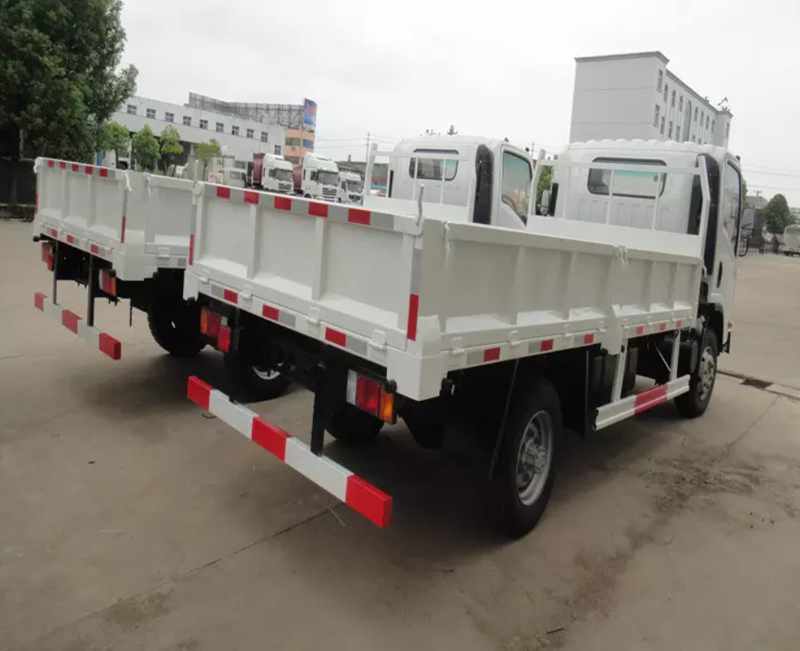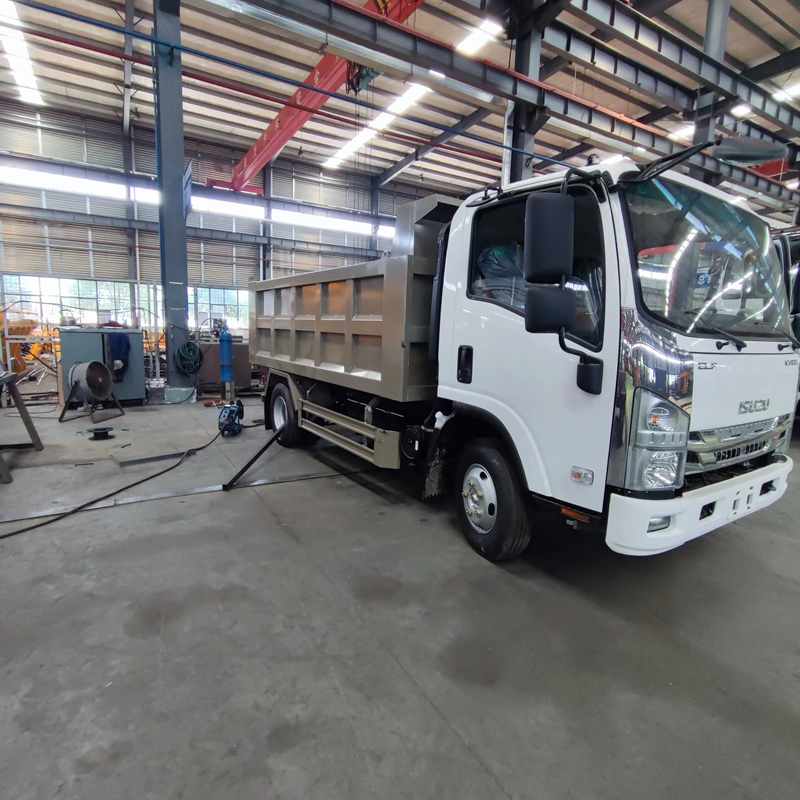

Selecting the right construction dump truck is pivotal for seamless project operations. The choice hinges on three critical factors: size, capacity, and cost. These elements dictate the truck’s performance, versatility, and economic viability on the job site.
The size of a dump truck isn’t merely about its physical dimensions. It encompasses the truck’s wheelbase, overall length, width, and height, all of which influence maneuverability and compatibility with various terrains. A truck’s size directly impacts its turning radius and stability, crucial for operations in tight or uneven spaces.
Capacity refers to the maximum weight a dump truck can carry, which is determined by its bed size and the strength of its frame and suspension. Understanding the type and volume of materials you’ll be hauling is essential to ensure the truck meets your project’s demands without risking overloading, which can lead to safety hazards and increased wear on the vehicle.

The size and capacity of a dump truck are inextricably linked to its cost. Generally, larger trucks with higher capacities come with a heftier price tag. However, they also offer greater efficiency, reducing the number of trips needed to transport materials, which can offset the initial investment over time.
When budgeting for a dump truck, consider the total cost of ownership. This includes fuel efficiency, maintenance, insurance, and depreciation. A truck that is well-suited to your needs might have a higher upfront cost but could offer significant savings in the long run due to lower operational expenses.

Dump trucks come in various types, including standard, articulated, and transfer. Each type has its advantages and is designed for specific applications. For instance, articulated trucks are ideal for rough terrains, while standard trucks are better suited for paved roads and lighter materials.
Technological advancements and environmental concerns are shaping the dump truck market. Electric and hybrid models are becoming increasingly popular, offering lower emissions and reduced fuel costs. Moreover, telematics and advanced safety features are now standard in many modern trucks, enhancing operational efficiency and safety.
Investing in a dump truck with the latest technology can lead to improved productivity and cost savings. Features like automated manual transmissions and dynamic stability control can optimize performance and reduce the risk of accidents.
Making an informed decision when purchasing a dump truck involves a careful evaluation of size, capacity, and cost. By considering the specific needs of your projects, understanding the total cost of ownership, and staying abreast of industry trends, you can select a dump truck that will serve your construction business efficiently and economically for years to come.